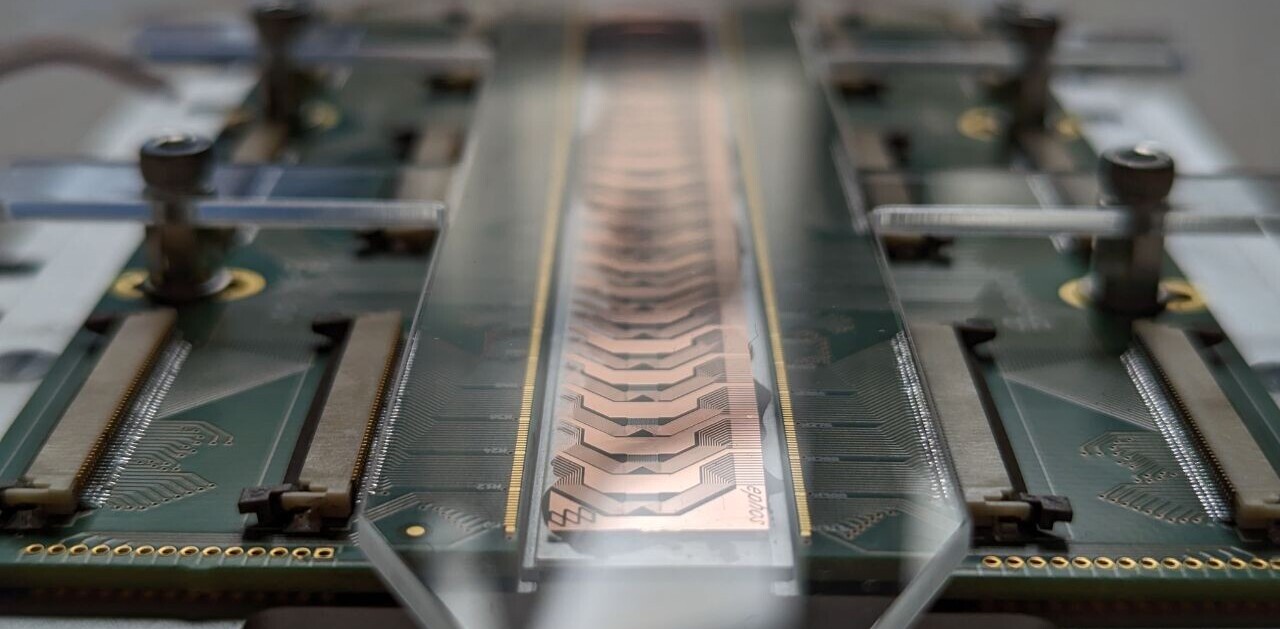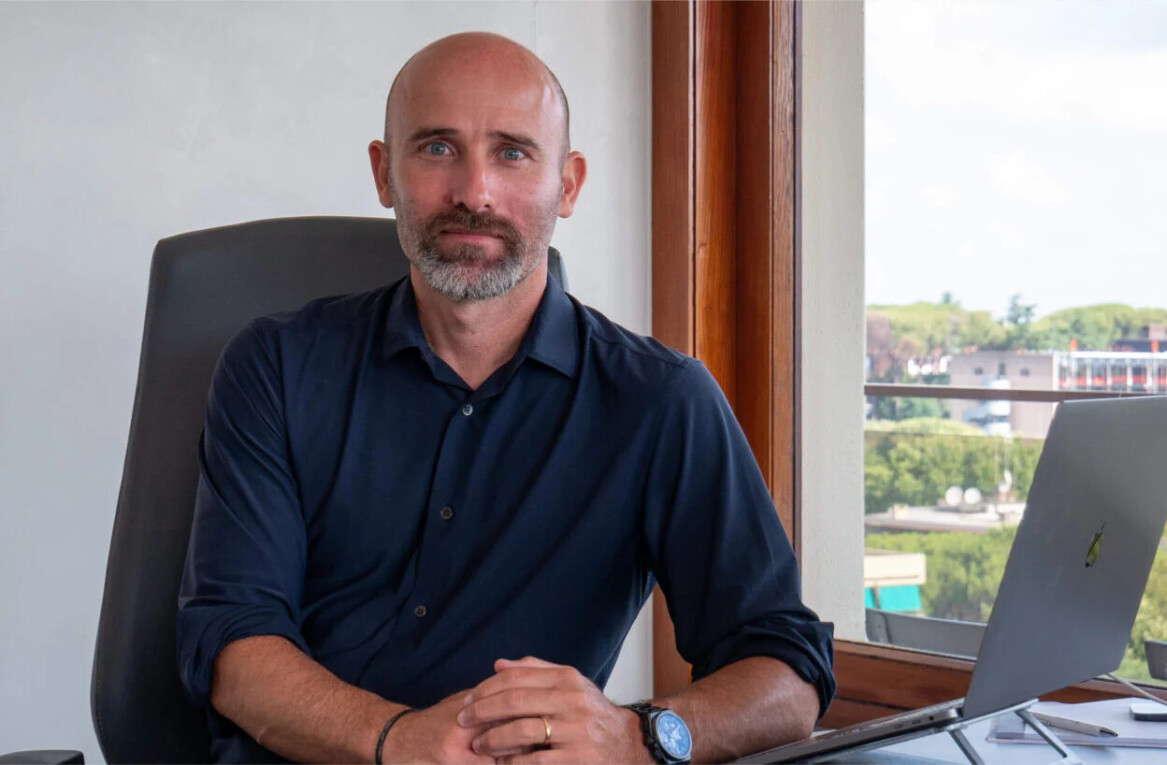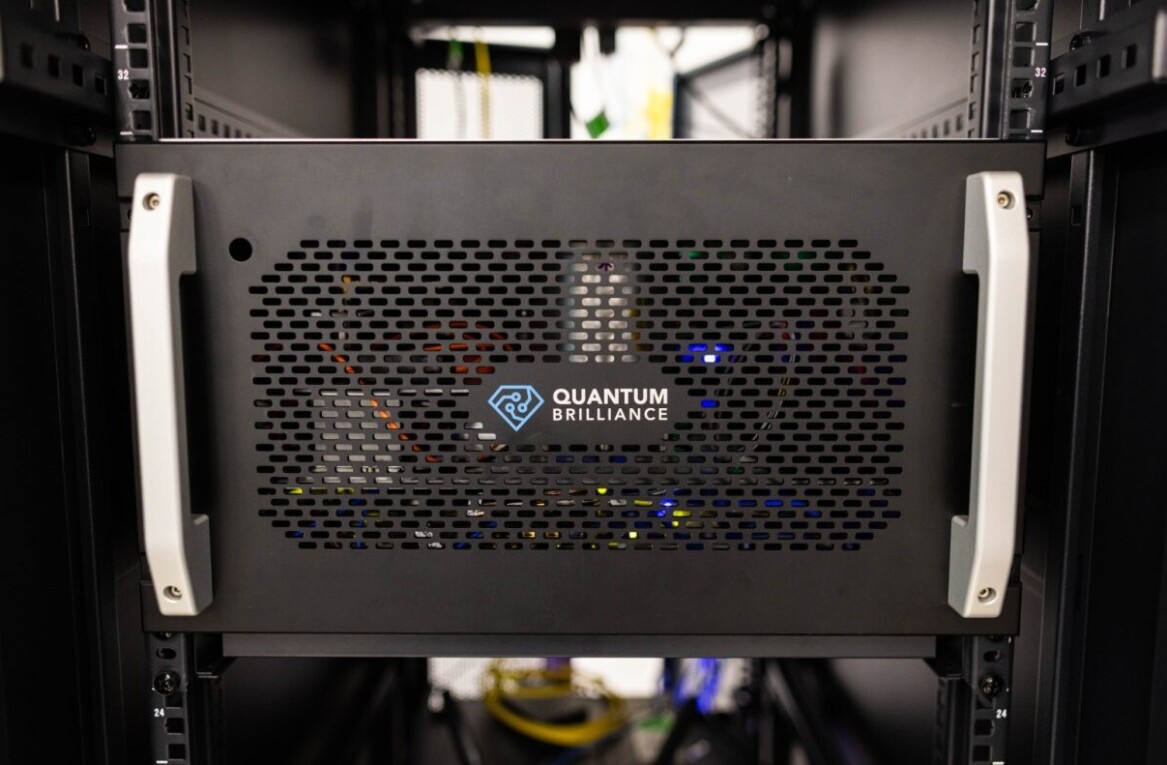
German quantum computing startup planqc yesterday announced a Series A raise of €50mn. A mere 18 months after its founding, the startup has already scaled its digital atom-based technology to over 1,000 qubits — something that puts it on par with industry giant IBM.
The company is a spinout from the Max Planck Institute, and its technology was built at the Institute’s Quantum Optics (MPQ) department. Planqc says it expects to scale to 10,000 or even 100,000 qubits “in the next couple of years.”
That would be a significant milestone not only for planqc, but for the European quantum computing industry. “The substantial backing places us in a perfect position to take on global competitors with our ‘Made in Germany’ quantum computers, targeting an emerging market valued at billions of euros,” said Alexander Glätzle, planqc CEO and co-founder.
Founded in 2022 as the first company in the Munich Quantum Valley (MQV), the startup has already won a tender to build a quantum computer for the German Aerospace Center (DLR). Furthermore, it has built a 1,000-qubit system for the Leibniz Supercomputing Centre, which recently also installed Germany’s first hybrid quantum computing system from Finnish startup IQM.
A technological race towards fault-tolerance
Qubits are the fundamental units of quantum information. Whereas IQM’s systems are based on superconducting qubits, planqc’s quantum processors work with atom-based qubits.
With other technologies such as trapped ion qubits and photonic qubits, these represent differing approaches to building quantum computers, with different developers (and investors) backing various horses in the race.
The goal is to one day (and preferably before anyone else) build a universal fault-tolerant quantum computer that can solve problems that would take classical computers decades to crack in a fraction of the time. This includes areas such as pharmaceuticals and drug discovery, logistics, and climate change mitigation.
Planqc’s quantum processors work with atoms in artificial crystals of light, something the startup says is the “fastest way to scale to quantum advantage.” The latest funding round was led by the European Family Office CATRON Holding and the DeepTech & Climate Fonds (DTCF). Other participants in the round were Bayern Kapital, the Max Planck Foundation, further private investors, and existing investors UVC and Speedinvest.
The round also includes a grant from Germany’s Federal Ministry of Education and Research (BMBF). “The success story of planqc demonstrates that innovative research today can become the forward-looking companies of tomorrow, strengthening our long-term competitiveness,” said Dr Anna Christmann, Germany’s startup and digital economy commissioner.
Planqc will use most of the funds to establish a quantum cloud computing service, and develop software for applications across a range of industries including finance, healthcare, and automotive.
Quantum sovereignty?
In recent years, quantum technologies have surfaced on the radar of governments and security agencies as a strategic asset. Earlier this year, the director of research for the US National Security Agency (NSA), Gil Herrera, said that in the “black swan” event of an adversary reaching quantum advantage first, the country would be “really screwed.”
No surprise then that the sharing of know-how, hardware, and software underpinning quantum technologies are coming increasingly under control by governments. The EU is no different, as it pushes for that elusive strategic and digital sovereignty.
In 2023, the bloc named quantum technologies among the four areas considered highly likely to “present the most sensitive and immediate risks related to technology security and technology leakage.”
As such, as businesses seek to comply with increasing restrictions on what they can use and who they can serve, a “Made in Germany” stamp may indeed prove valuable — assuming the atom-based approach is the right one to reach quantum advantage.
Get the TNW newsletter
Get the most important tech news in your inbox each week.




